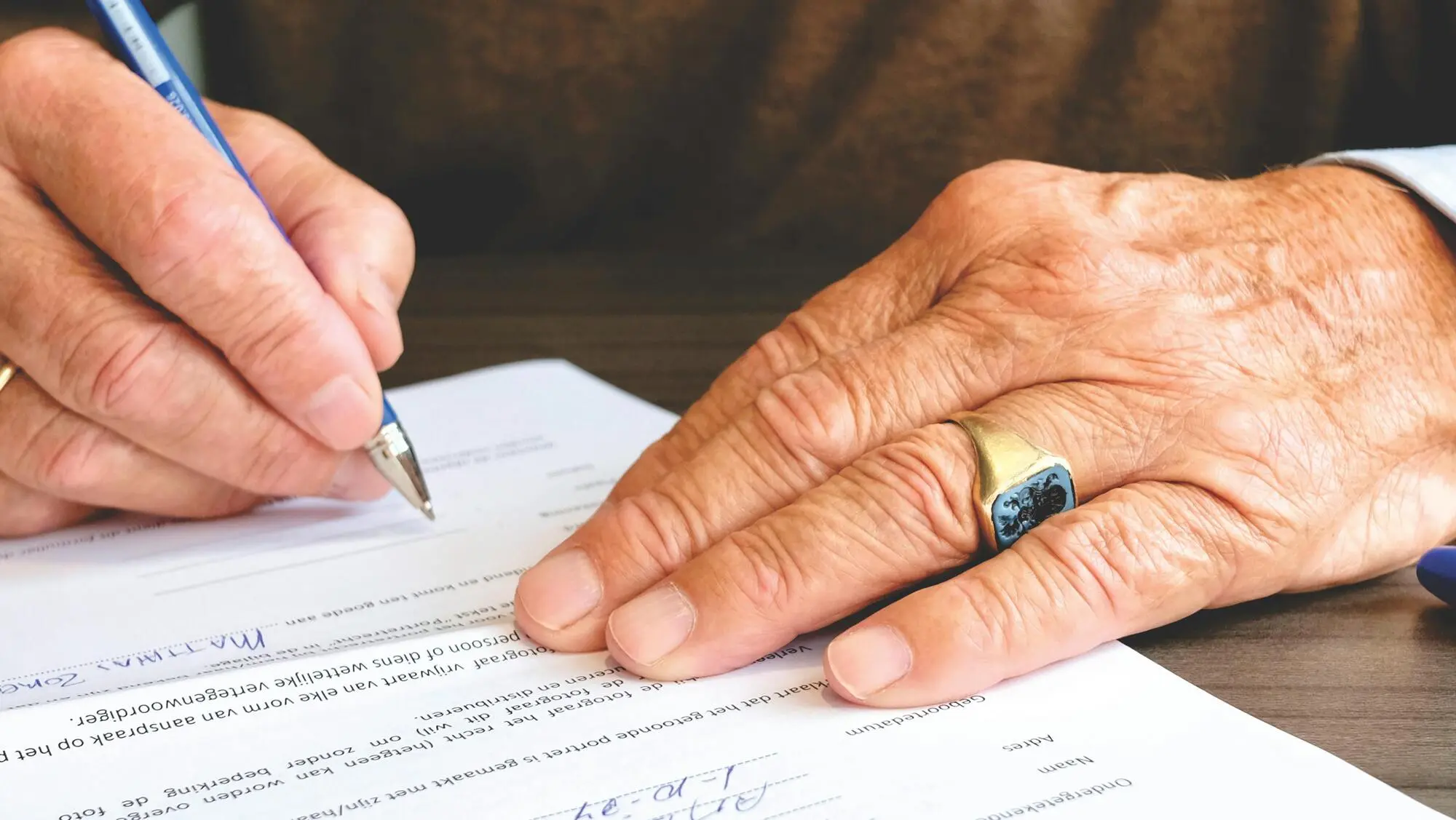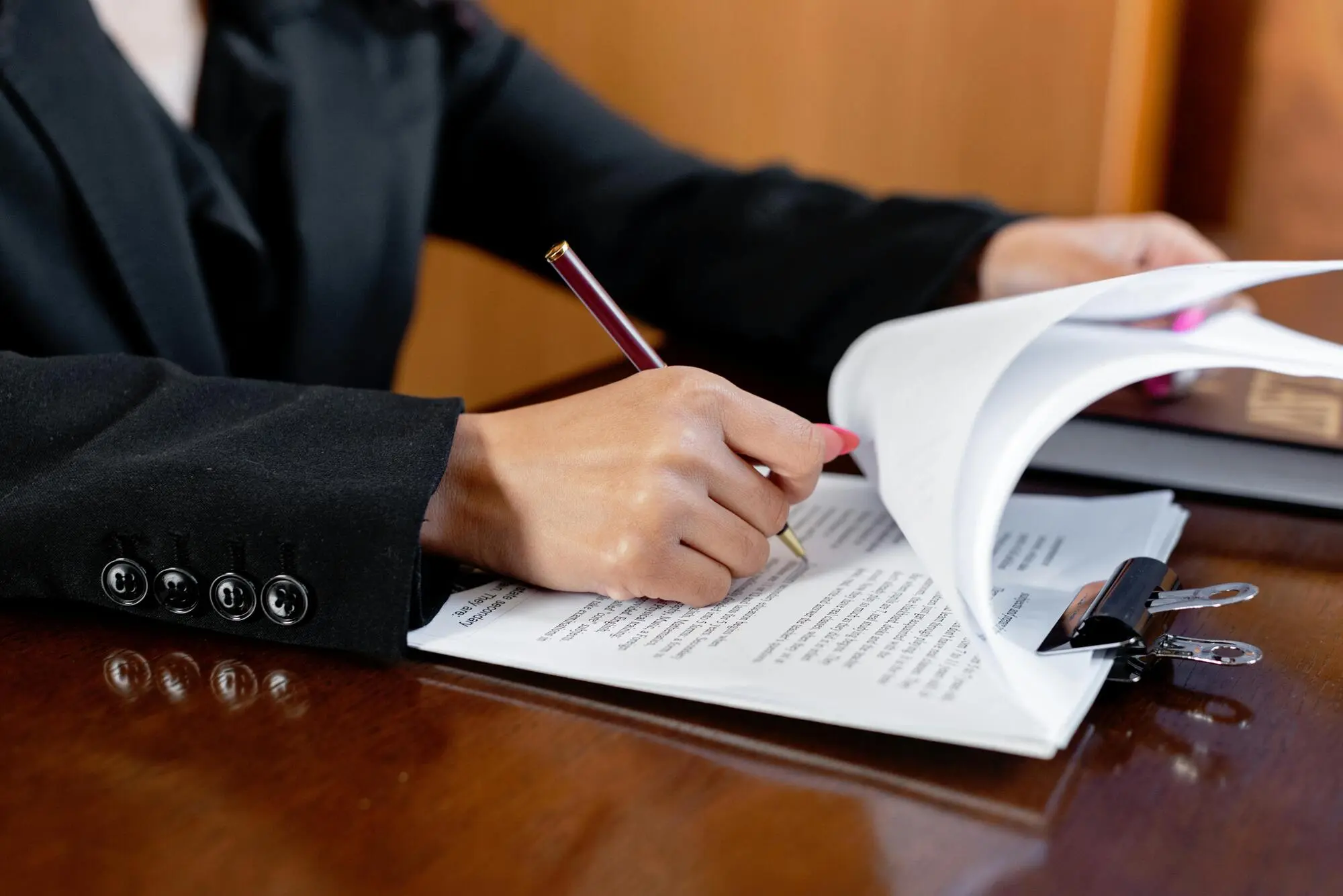Need Help With Asset Protection?
To protect your assets from legal threats, the best thing you can do is put those assets in an irrevocable trust. If you set up your trust instrument properly, a court, lawsuit plaintiff, or creditor won’t be able to get access to the funds, real estate, and property you store within.
But why is that the case? More importantly, who owns the property in an irrevocable trust? As a high-net-worth individual, you need to know the answer to this question before you start leveraging trusts for your benefit and the benefit of your kids and grandchildren.
Irrevocable Trusts Explained
Before we go on, let’s clear this up. An irrevocable is a trust instrument that can’t be modified, terminated, amended, or otherwise altered without the permission of:
- The beneficiaries of the trust
- The court, if the court has legal standing to order it
The exact rules of an irrevocable trust vary by state or country. But the thing that differentiates irrevocable trusts from standard trusts is changeability.
With a “normal” trust, you can set up the trust document to behave a certain way, then modify that trust document later down the road.
This isn’t a good thing in terms of asset protection; if you put money into a revocable trust, a court can very easily tell you to change the trust to get access to the assets if you’re called to pay a bill, a debt, etc.
With an irrevocable trust, you can’t be legally ordered to change the terms of the trust because it’s not within your power to do it.
An irrevocable trust has the same parts and functionality as a revocable trust:
- The grantor or settlor of the trust sets it up and places assets within the trust instrument
- The grantor also names the trustee, which is a person or company that oversees the trust and manages it according to the trust documents
- The grantor names beneficiaries, who can include themselves or others
You can also name a trust protector, but this is usually not a wise idea, as it introduces another potential layer of control or exploitation that a court can use against you.
A Brief History of the Origin of Trusts
The practice of placing assets into a trust originated during the time of the Roman Empire. A soldier might go off to war, knowing that they might die in battle or from the numerous hazards encountered on a long march.
Because many soldiers were landowners or had significant enough assets to meet protecting, they wanted to protect those assets while they were away and after they died if they were unfortunate enough to pass away.
Those soldiers would set up a trust and usually have one of their family members act as a trustee. That way, if they did perish, the assets within the trust wouldn’t be turned over to the government, as was the default practice during that time.
Instead, they’d remain within the family’s ownership. Most trusts were also set up so that if the soldier/grantor returned from battle, the trust would dissolve.
Of course, modern trusts, especially asset protection trusts, don’t exactly operate in the same way! Still, understanding the origin of these valuable legal instruments can help you appreciate how they may protect your assets in the modern era.
The Trustee Owns the Property in an Irrevocable Trust
So, who owns the property in an irrevocable trust? The answer is the same as with a revocable trust: the trustee owns any property placed within the trust instrument.
That's the entire point of setting up a trust in the first place. A trust removes ownership of valuable assets for one reason or another, like estate planning or asset protection.
If you set up an irrevocable trust for the purposes of, say, storing tens of millions of dollars for the benefit of your future descendants, you no longer own that money once it’s placed into the trust.
That ownership then falls into the hands of your named trustee, whether it’s a professional trust administrator or your favorite niece. But they can’t just up and run off to the Bahamas with a suitcase full of your cash (well, they could, but it’d be quite illegal).
Instead, they’re bound by the trust terms you set up, which might include things like investing the funds, doling out a monthly stipend to your kids, or even donating a chunk to your favorite charity. So, bottom line, you are calling the shots, but the trustee is the one making it all happen.
How Does Property Ownership Help with Asset Protection?
Who owns a property directly impacts what a court can order in regard to that property. It’s easy to see how, logically, a court can’t order you to pay a bill with money you don’t have.
Say that you are an entrepreneur, and you're being personally sued because of a disgruntled customer. If the customer's lawsuit is successful, the court might order you to pay damages to the tune of hundreds of thousands or millions of dollars.
But what if you don’t personally have that money? In that case, the court can’t order you to spontaneously conjure cash you don’t have.
If your money is in an asset protection trust, one that has been properly developed and maintained by Dominion, you can legally say, “I don’t have access to the money in the trust, so I can’t pay you with it.”
You don’t break any laws, and you don’t have to use that money to pay the bill. The same logic applies to any court order. The court can’t order someone to give up an object they don’t own or to pay with money they don’t have in their bank account.
By placing your funds, real estate, or other property into an irrevocable trust, you make it almost impossible for a legal opponent to take it from you under any circumstances.
Of course, there are lots of moving pieces and complexities with this asset protection strategy, but it’s by and large the best way to defend your estate and assets for years to come.
Trust Operation/Your Behavior Can Compromise the Trust’s Defense
That all said, how you behave and how your trust operates can impact whether or not the asset protection trust is truly effective or not.
If, for example, you operate your trust such that you constantly dip in and out of the funds within, a court might reasonably assume you do have access to the money and can order you to take it out of the trust (note that a properly set up irrevocable trust won’t allow you to do this).
Similarly, if you exert control over the trust via the trustee – say you appoint your cousin to be the trustee, and your cousin does whatever you say – again, the court can tell you, “Your excuse that you don’t own the property isn’t good enough. Pay us the money.”
This is why setting up an irrevocable trust correctly is absolutely important. Furthermore, it’s why you need to choose your trustee carefully.
Because of this inherent risk, Dominion only uses the professional trustee services of our Dominion lawyers. Within all the trust jurisdictions we use for our clients, we’ll set you up with a trustee with whom you don't have a connection and with whom you can't exert any non-professional control.
In this way, we can strengthen your trust instrument such that a judge cannot reasonably or logically say you have any control over the assets within the trust. With our help, your irrevocable asset protection trust will be truly protective, not just protective on paper.
Get in Touch with Dominion to Set Up an Asset Protection Trust
Overall, it’s best to set up an offshore asset protection trust at the earliest opportunity, especially if you’ve crossed the $10 million mark in net worth and have assets to protect from creditors, lawsuits plaintiffs, and more.
Asset protection trusts are more protective the sooner you set them up ahead of any legal trouble. Get in touch with one of our representatives today to learn about what it takes to set up an impenetrable, Dominion-style irrevocable trust.




































.jpeg)


























